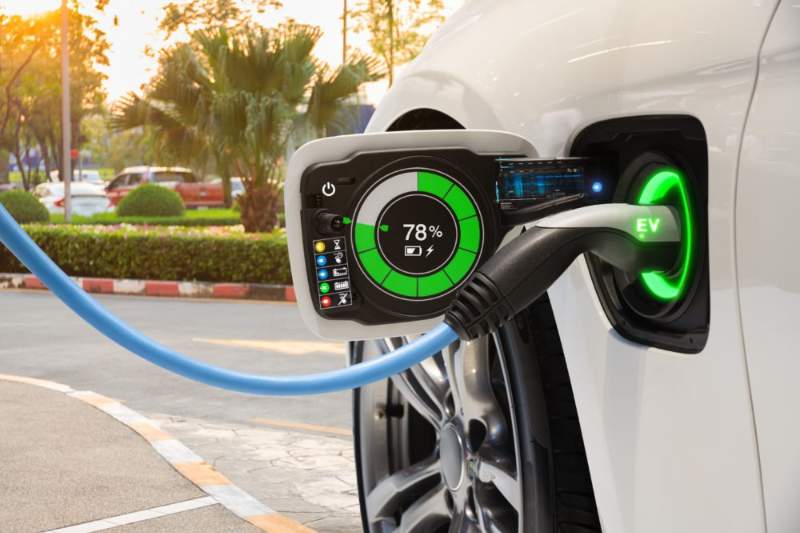In recent years, the automotive industry has witnessed a surge in the development and popularity of electric cars. Proponents argue that these vehicles represent the future of transportation, offering a cleaner and more sustainable alternative to traditional gasoline-powered cars. However, it is essential to critically examine the challenges and limitations that may hinder the widespread adoption of electric cars. This article delves into the reasons behind the question, “Why Are Electric Cars Not The Future?”
The Current State of Electric Cars
Electric cars have indeed made significant strides, with advancements in battery technology and increased charging infrastructure. Despite these positive developments, several factors contribute to the skepticism surrounding the long-term viability of electric cars.
Challenges in Battery Technology
A crucial aspect of electric cars is their reliance on batteries for power. While there have been notable improvements in battery efficiency, the technology still faces challenges such as limited range and the environmental impact of battery production and disposal. Addressing these issues is paramount to the widespread acceptance of electric cars.
Infrastructure and Charging Concerns
One of the primary obstacles hindering the mass adoption of electric cars is the inadequacy of charging infrastructure. Unlike traditional gas stations, electric charging stations are not as prevalent, making it challenging for users to find convenient and accessible locations to recharge their vehicles. Additionally, the time required for a full charge remains a concern for many consumers.
Environmental Impact of Manufacturing
While electric cars are hailed for their eco-friendly operation, the manufacturing process raises environmental concerns. The production of electric vehicles involves the extraction of rare metals and minerals, contributing to habitat destruction and pollution. Addressing the environmental impact of manufacturing is crucial to ensure that the overall carbon footprint of electric cars remains low.
Read too:
Cost Considerations for Consumers
Despite the potential long-term savings on fuel, the initial cost of purchasing an electric car remains a significant deterrent for many consumers. Electric vehicles often come with a higher upfront price tag, and the cost of replacing or repairing batteries can be substantial. Government incentives and advancements in manufacturing processes may play a crucial role in making electric cars more financially accessible.
The Role of Consumer Habits
Consumer habits and preferences play a vital role in determining the future of electric cars. Many individuals are accustomed to the convenience and familiarity of traditional gasoline-powered vehicles. Overcoming this inertia requires not only addressing technological challenges but also engaging in widespread public education and awareness campaigns.
Why Are Electric Cars Not The Future: Looking Forward
While electric cars face challenges, it is essential to acknowledge ongoing efforts to address these issues. Researchers and manufacturers are actively working on improving battery technology, expanding charging infrastructure, and making electric cars more affordable. The future viability of electric cars hinges on collaborative efforts to overcome these obstacles and create a sustainable and accessible alternative for the masses.
Conclusion
In conclusion, the question of “Why Are Electric Cars Not The Future” is complex and multifaceted. The challenges related to battery technology, charging infrastructure, environmental impact, cost considerations, and consumer habits all contribute to the current uncertainty surrounding the widespread adoption of electric cars. However, ongoing advancements and a collective commitment to overcome these challenges may pave the way for a more sustainable and electric future in transportation.
